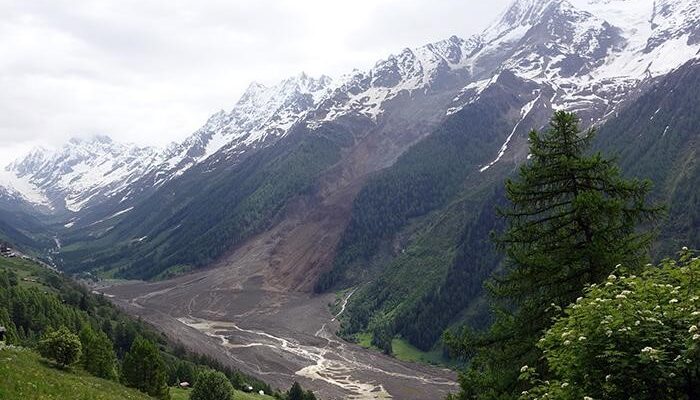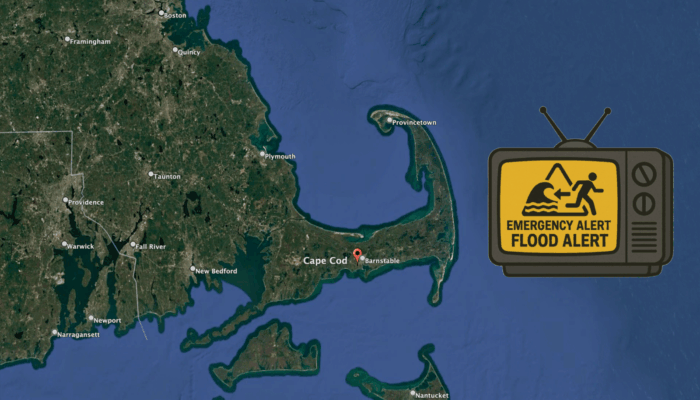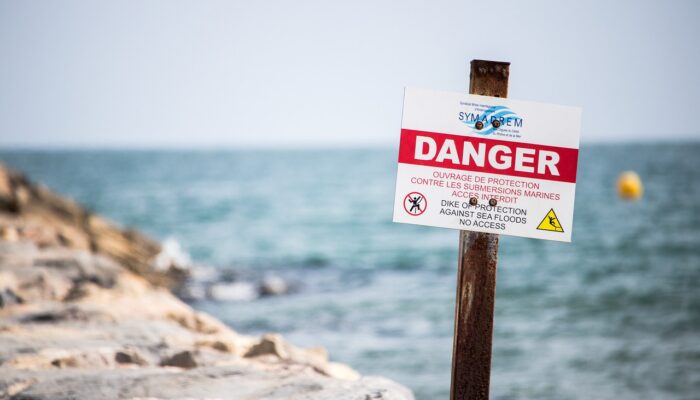In the morning of May 28, 2025, the picturesque Swiss alpine village of Blatten sat quiet and serene in the Lötschen Valley. Exceptionally quiet, in fact, as the village was evacuated on May 19th after a local Natural Hazards expert spotted a worrisome change in a local mountain looming about the village, the Kleines Nesthorn: it was collapsing faster. The Kleines Nesthorn is a 3,341-meter peak wi ...[Read More]
The Blatten landslide in Switzerland




